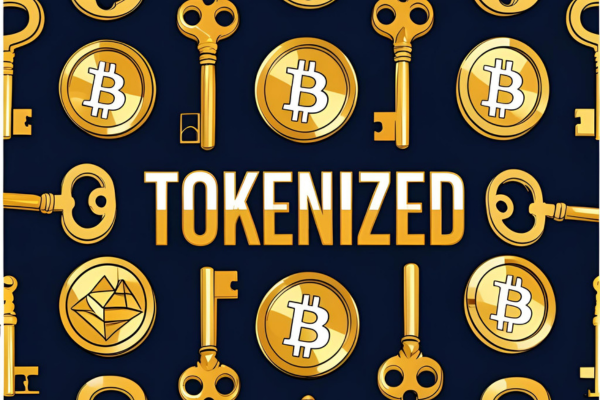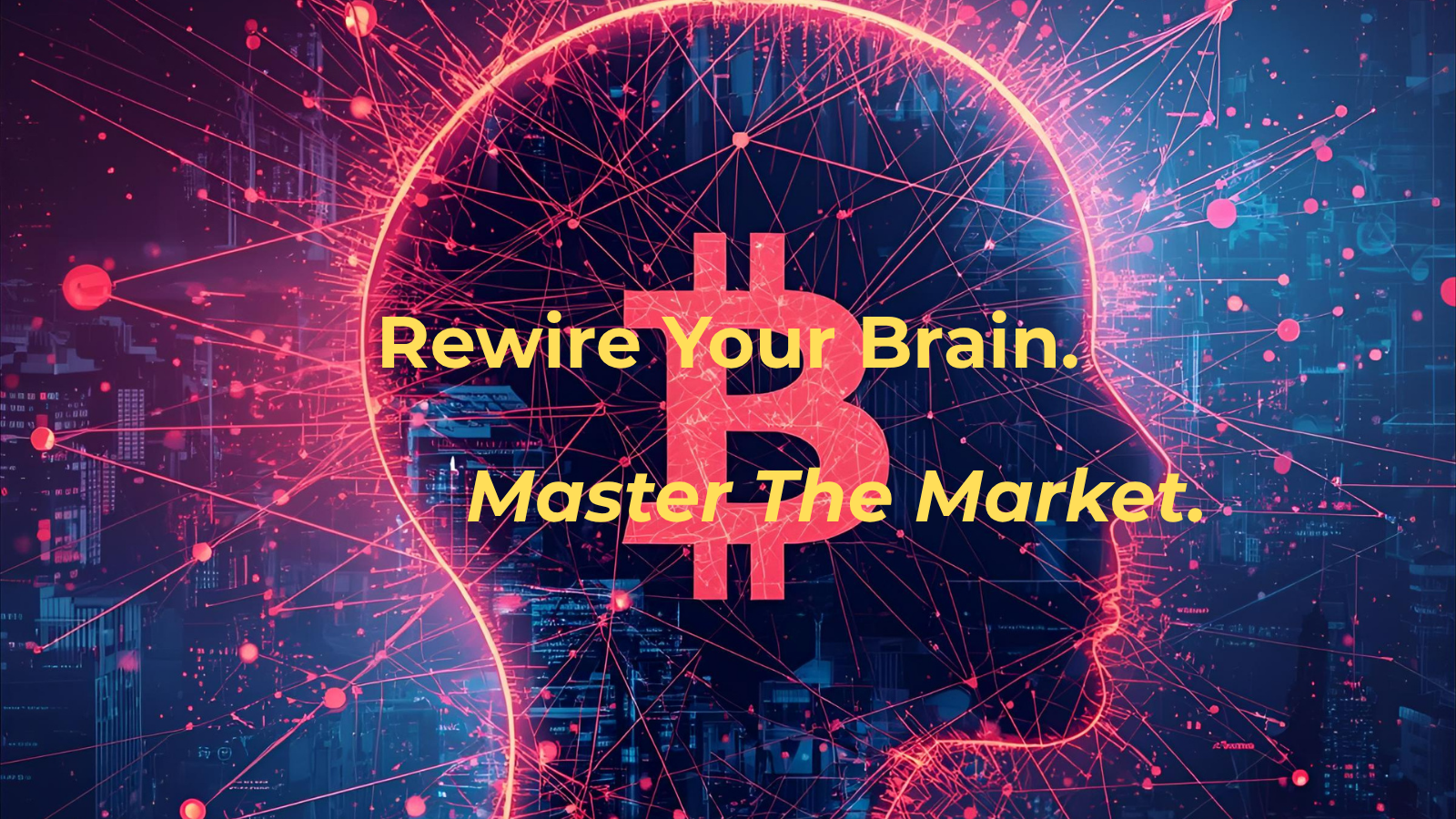Quantum Computing and the Future of Crypto Security
Quantum Computing If you’ve been in crypto for more than five minutes, you’ve probably seen the new fear headline making

Crypto Safety – August 25, 2025
We’ve hit the tokenization era at full speed: tokenized real-world assets, stocks, ETFs, and everyone’s buzzing. But the conversation’s missing something huge: who actually controls the tokens?
In this post, we’ll dig into Tokenized Everything: The ‘Decentralization’ Narrative No One Questions, exploring whether tokenized assets are true freedom or just Wall Street rebooted on the blockchain.
Unless you’ve been living under a rock, you know tokenized assets are booming – from real‑world assets and ETFs to fractional tokens. In fact, the tokenized real‑world asset market (excluding stablecoins) hit $15.2 billion by the end of 2024, then jumped to over $24 billion by mid‑2025, an 85% year‑over‑year surge according according to RedStone. Still, despite the hype of growth, very few even ask: who is really in control?
Here’s the first elephant in the room: most token issuers hold admin or master keys. (Read that again in case you missed it). That means even though your token is on-chain, the issuer retains the power to freeze, recall, or control transfers. It’s crypto-looking, but the “decentralized” gloss is thin.
Its like installing a smart lock on your front door, but the tech company keeps a master code. They can override you and unlock or lock it remotely whenever they want.
Many token systems include code to freeze transfers based on certain conditions like KYC non-compliance or suspicious activity. In one real-world tokenized real estate project, issuers froze over 10% of tokens suspended from trade due to regulatory flags. So you really need to ask yourself, is this really peer-to-peer freedom or is it institutional control?
To issue a token representing a real asset, most platforms require full KYC (Know Your Customer) from anyone. On paper: good for safety and anti-money laundering. In practice: it creates a centralized gatekeeper system. The issuer, exchange, or custodian controls who can buy, sell, or exit.
Are tokenized assets really free or just re-packaged centralization with a shiny coat?
Let’s be real: tokenized assets are typically on blockchain rails, smart-contract styled, and maybe trade in 24/7 marketplace. But beneath the surface, they’re built on traditional structures: centralized control, regulatory oversight, and issuer trust. It’s not the blockchain utopia the hype suggests.
Here’s the big moment you’ve been waiting for: are tokenized assets a path to liberation or a nostalgic return to institutional oversight, dressed in crypto clothes? Until we ask the hard questions like who holds the keys, who can freeze, and who decides KYC, we’re really just glossing over the risks.
Note to the wise: if someone else holds the keys, your freedom is limited. That’s why the real battle for decentralization starts with your wallet and your privacy practices. Owning assets doesn’t mean much if you can’t protect how you store them or keep your activity private. If you want clear, beginner-friendly guides to safeguarding your crypto, check out The Crypto Cracker PlayBooks – starting with the Crypto Jumpstart PlayBook and the Ultimate Wallet Security PlayBook. They’ll show you how to take control where it actually matters.
| Point | Takeaway |
|---|---|
| Admin control | Issuers often hold the master keys |
| Freezing powers | Transfers can be stopped if conditions trigger |
| KYC requirements | Centralized compliance = centralized control |
| Crypto veneer | Looks decentralized often isn’t |
| Real question | Is tokenization real freedom or Wall Street from another angle? |
Tokenized assets offer impressive tech and real promise. But without transparency around control and governance, they risk becoming polished versions of traditional systems. Let’s keep asking: who holds the keys, who can freeze, and who decides who plays?
Quantum Computing If you’ve been in crypto for more than five minutes, you’ve probably seen the new fear headline making

New to crypto? Start here. Chill the F*ck Out If your blood pressure spikes every time Bitcoin sneezes, congratulations, you’re